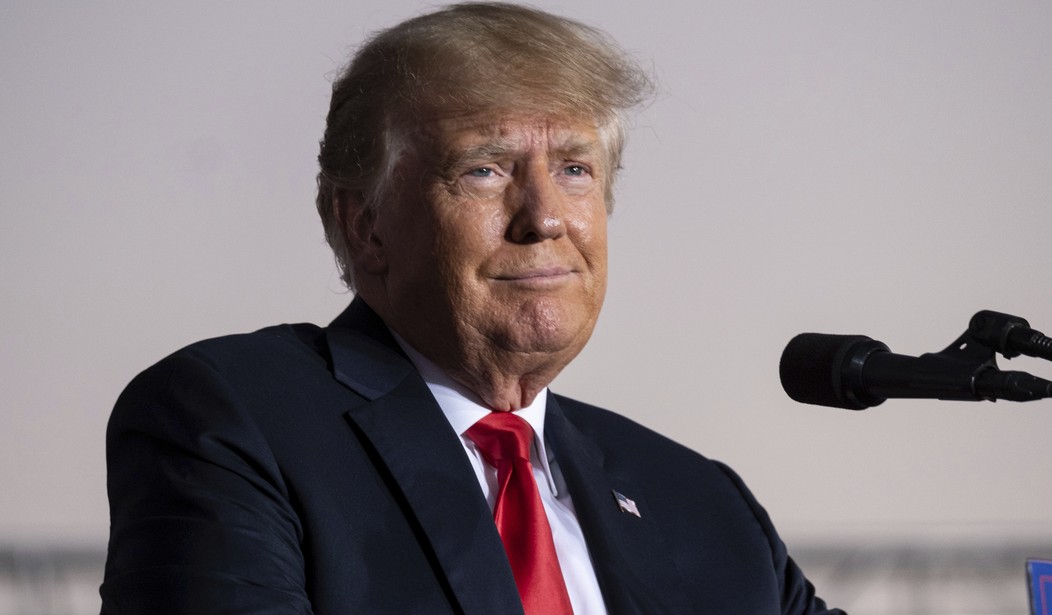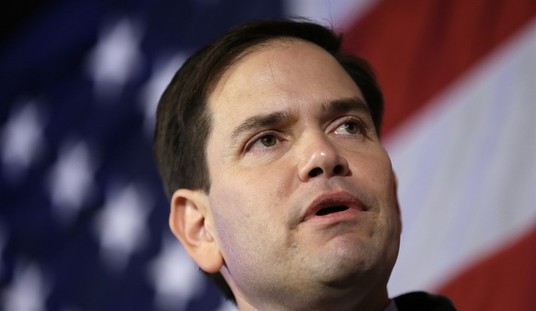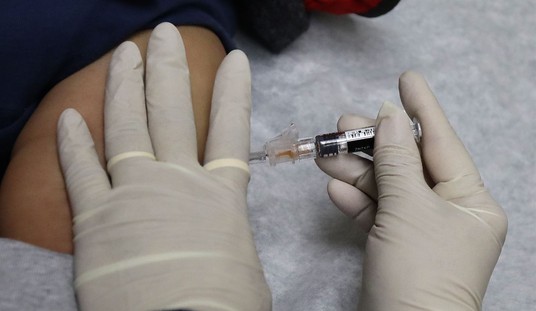During a five-hour hearing on Monday relating to lawsuits seeking to hold Donald Trump accountable for the Jan. 6 riot at the Capitol, a federal judge questioned whether or not Trump was immune to lawsuits arising from the Jan. 6 riots. It’s an incredibly dangerous line of attack by the Democratic opposition. If the Democrats are able to overturn the 1982 Supreme Court decision Nixon v. Fitzgerald, which gave the president “absolute immunity” from damages for any misconduct arising within the “outer perimeter” of their official duties, it would damage the presidency beyond repair.
In essence, the Democrats want to hold Trump legally accountable for something he said during a political speech to his supporters on the Ellipse on Jan. 6, 2021, urging them to protest the certification of the election — among other things. This is the very definition of the “outer perimeter” of his official duties, and therefore Trump should be granted immunity.
But the federal judge hearing motions in the case is questioning that immunity.
During a court hearing Monday, Judge Amit Mehta pointed out repeatedly that Trump on January 6 asked the crowd to march to the Capitol, but that he didn’t speak up for two hours asking people to stop the violence.
“The words are hard to walk back,” Mehta said. “You have an almost two-hour window where the President does not say, ‘Stop, get out of the Capitol. This is not what I wanted you to do.'”
“What do I do about the fact the President didn’t denounce the conduct immediately … and sent a tweet that arguably exacerbated things?” the judge asked. “Isn’t that, from a plausibility standpoint, that the President plausibly agreed with the conduct of the people inside the Capitol that day?”
Judge Mehta, appointed to the federal bench in 2014 by President Obama, is apparently not a firm believer in presidential immunity from civil lawsuits.
Members of Congress cannot be sued for anything they say on the chamber floor. And for good reason. Lawmakers would be spending most of their time fighting off lawsuits rather than conducting the people’s business.
It would be even worse for a president. Civil lawsuits would destroy the president’s “institutional personae” and inhibit his actions — a dangerous idea that would have unforeseen consequences. Justice Lewis Powell, writing for the majority in the 1982 Fitzgerald case, made it clear that the court believed that there were other avenues to hold a chief executive accountable for his actions.
A rule of absolute immunity for the President will not leave the Nation without sufficient protection against misconduct on the part of the Chief Executive. There remains the constitutional remedy of impeachment. In addition, there are formal and informal checks on Presidential action that do not apply with equal force to other executive officials. The President is subjected to constant scrutiny by the press. Vigilant oversight by Congress also may serve to deter Presidential abuses of office, as well as to make credible the threat of impeachment. Other incentives to avoid misconduct may include a desire to earn reelection, the need to maintain prestige as an element of Presidential influence, and a President’s traditional concern for his historical stature.
Donald Trump was in office at the time he gave that speech on the ellipse on Jan. 6 — a speech given in the normal performance of his duties as president. The only reason to destroy the idea of presidential immunity from civil lawsuits in this case is to destroy Donald Trump. Since the Democrats fear Trump in 2024, this is in no way an effort to protect the republic, but rather a purely and blatantly political effort to get at the former president and in the process destroy the opposition Republican Party.










Join the conversation as a VIP Member